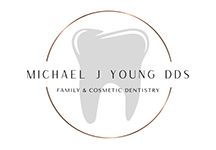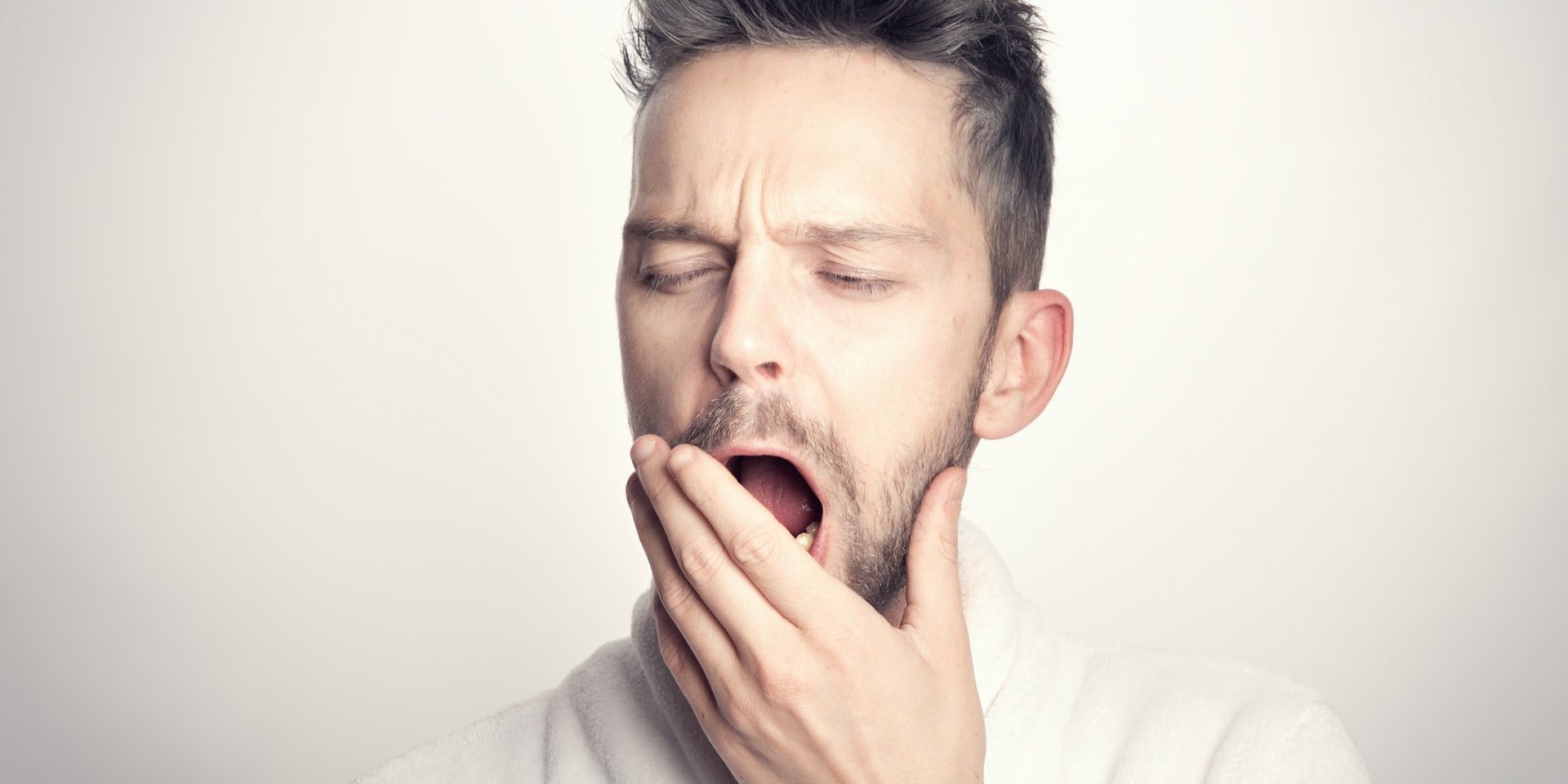Waking up with jaw pain can put a serious damper on your day, but how do you identify what the problem is? Jaw pain is associated with both bruxism and TMJ disorder (TMD), causing the two conditions to be commonly confused.
Bruxism and TMJ disorder are often linked. Bruxism can be the result of TMD, but it can also cause or exacerbate symptoms of TMD. Both of these conditions can be painful and in severe cases can cause serious dental problems.
Understanding and identifying these two disorders is a key step in seeking treatment. Dr. Michael Young and our team at 23Smiles are here to explain the symptoms and causes of both TMD and bruxism so you can keep your smile strong and healthy.
What is bruxism?
Bruxism is a condition characterized by grinding, gnashing, and clenching of one’s teeth. It can result in TMJ disorders, as well as severe face and jaw pain, tension headaches, and damaged teeth.
There are two different types of this condition: awake bruxism and sleep bruxism. Sleep bruxism is more common, and was found to affect approximately 16.5% of adults.
Causes
Awake bruxism is typically a result of anger, concentration, or tension, but is most commonly the result of stress and anxiety. Having an aggressive personality type is a risk factor for bruxism, but certain medications may also cause or worsen the disorder.
Sleep bruxism is technically classified as a sleep disorder and may be related to age, stress, or genetic risk factors. There have also been links found between sleep bruxism and obstructive sleep apnea, as well as alcohol and caffeine consumption.
Symptoms
Typical symptoms of bruxism include:
- Sleep disruption
- Jaw, neck, and face pain
- Fractured, chipped, or loose teeth
- Dull headache
- Damage to the inside of your cheeks
- Worn enamel
If you are experiencing any of the above, visit your dentist right away. Even if you are not sure if you are suffering from bruxism, Dr. Young can examine your teeth for signs of wear and tear due to teeth grinding.
What is TMJ?
Your temporomandibular joint (TMJ) connects your jawbone to your skull and allows you to perform everyday activities like talking and chewing. If your bite becomes misaligned, it can result in pain and irritation in this joint which results in TMJ disorder.
Causes
It can be difficult to identify the exact cause of TMJ disorder in individuals, and sometimes there can be a number of reasons you’re experiencing jaw pain. However, a few common reasons for TMD include:
- Arthritis
- Malocclusion
- Birth defects
- Injury or Trauma
- Overuse
- Bruxism
The treatment process is dependent on the cause of your TMD, but you can work to prevent this condition by not chewing on gum, pens, fingernails, or other non-food items, and by taking steps to reduce stress.
Symptoms
The main symptom of TMJ disorder is pain in one or more of the temporomandibular joints. You may also experience pain, tenderness, or aching in your jaw, ears, face, or temples. The clicking or locking of your jaw could also be a sign of TMD.
Bruxism and TMJ Disorder Treatment in Louisiana
Bruxism and TMD can both cause significant pain and may result in cracked or broken teeth if left untreated. Dr. Young and his team are experienced, knowledgeable, and compassionate.
Don’t wait to feel better, schedule an appointment right away! Call 337-237-6453 or contact us online for a consultation to determine the best treatment plan to eliminate your discomfort.




